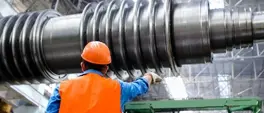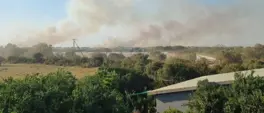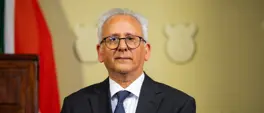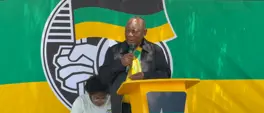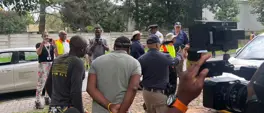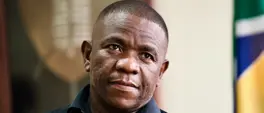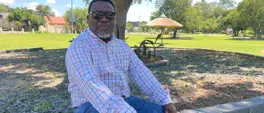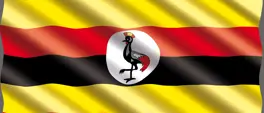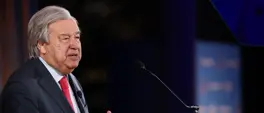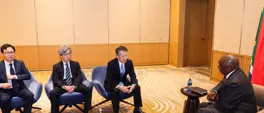Togo sets delayed legislative election for 29 April
AFP
10 April 2024 | 3:34Elections had been set for 20 April, but the government postponed them saying consultations were needed over the reform, which opposition parties called a bid to keep President Faure Gnassingbe in power longer.
LOME - Togo has rescheduled legislative elections for April 29 after delaying the ballot over a highly contested constitutional reform, a government statement said on Tuesday.
Elections had been set for 20 April, but the government postponed them saying consultations were needed over the reform, which opposition parties called a bid to keep President Faure Gnassingbe in power longer.
"Date for the legislative and regional elections: Monday, April 29," a statement from the presidency said after a cabinet meeting on Tuesday.
The constitutional amendment has triggered discussion over the rule of Gnassingbe. He has been in power since 2005 after succeeding his father, who governed for three decades after a military coup.
Opposition parties did not immediately release statements about the new election date.
But the cabinet statement came just days before opposition parties were planning to organise street protests over the constitutional reform and the election delay.
Togo's government earlier on Tuesday denied opposition parties a permit to stage the protests against the reform that has fuelled political tensions.
The opposition National Alliance for Change (ANC) and other groups said the protests would continue, but would be reduced to action on Friday and Saturday.
Street demonstrations have been banned in Togo since 2022, after an attack on a market in Lome during which a gendarme was killed.
Opposition leaders have demanded the government withdraw the constitutional reform, passed last month, which allows the National Assembly to directly elect the president "without debate".
Tensions over the reform have seen police break up a recent opposition press conference and a group of influential figures calling for protests.
Get the whole picture 💡
Take a look at the topic timeline for all related articles.
